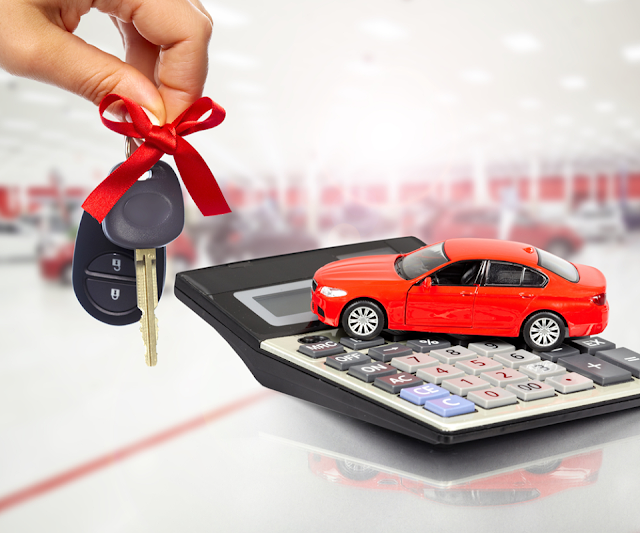Things to consider before choosing a credit card
1. Spending habits
Indeed, even before you pick a card, the main inquiry to be addressed is the way you plan to utilize it. Are you the kind of person who will pay off the card every month without fail, or do you anticipate carrying a balance from month to month? Are you going to use it to pay for everything, or just for emergencies?
- If you're going to pay the bill in full every month, then the interest rate doesn't really matter to you. Search for a card with no yearly expense and a more drawn out effortlessness period so you don't get hit with a back charge.
- If you're going to carry a balance, you want the lowest possible interest rate and a low introductory rate.
- If this will be your go-to-card for the greater part of what you purchase, search for a card with a liberal credit constrain and a strong prizes program.
- If it's only going to be used for emergencies, go for a no-frills card with a low interest rate and low fees.
2. The interest rate
A credit card in dubai, the interest rate appears as the APR, or annual percentage rate. It can either be a fixed rate or a variable rate that is tied to another financial indicator, most commonly the prime rate. With a settled rate card, you realize what the financing cost will be from month to month; a card with a variable rate can vary. However, even a card with a fixed interest rate can change based on certain triggers, such as paying your card -- or any card -- late, or going over your limit. Or because the credit card issuer decides to change it. Yes, they really can do that; they just have to notify you.
3. Credit limit
This is the amount of cash that the Visa guarantor will give you a chance to obtain. Depending on your credit history, it could be anything from a few hundred AED to tens of thousands of AED. You don't need a circumstance in which you're near maximizing your credit limit. It can hurt your credit score -- and some credit card issuers have cut customers' credit limits to an amount that's lower than their current balance. Adding a painful situation, there's a punishment when that happens.
4. Fees and penalties
There's no shortage of ways for a credit card issuer to make money off you. Common charges include fees for transactions, such as balance transfers and cash advances, or for asking to increase your credit limit or make a payment by phone. There additionally are punishment charges for paying your bill late or going over your credit limit
Look for cards with reasonable fees. On balance transfers, for instance, look for offers with no transaction fees and zero percent interest for at least 12 months. And don't pay extra for rewards programs. There are a lot of card issuers who don't charge additional for them.
5. Balance computation method
If you're going to carry a balance, you need to consider how the finance charge is calculated. The most common method is average daily balance, which means that the daily balances are added together and then divided by the number of days in the billing cycle. Avoid credit cards that register the adjust utilizing two charging cycles; this wind up costing you more money in financing fees. There are plenty of cards that don't use it.
6. Incentives
Many card issuers offer reward programs to their customers to induce them to use the card. Expecting you will make the buys in any case -- and the card issuer doesn't charge extra for the rewards program -- it can be a nice benefit. Look for a program that offers flexibility, such as cash or travel, and rewards you'll actually use, that are easily earned and redeemed.



Comments
Post a Comment